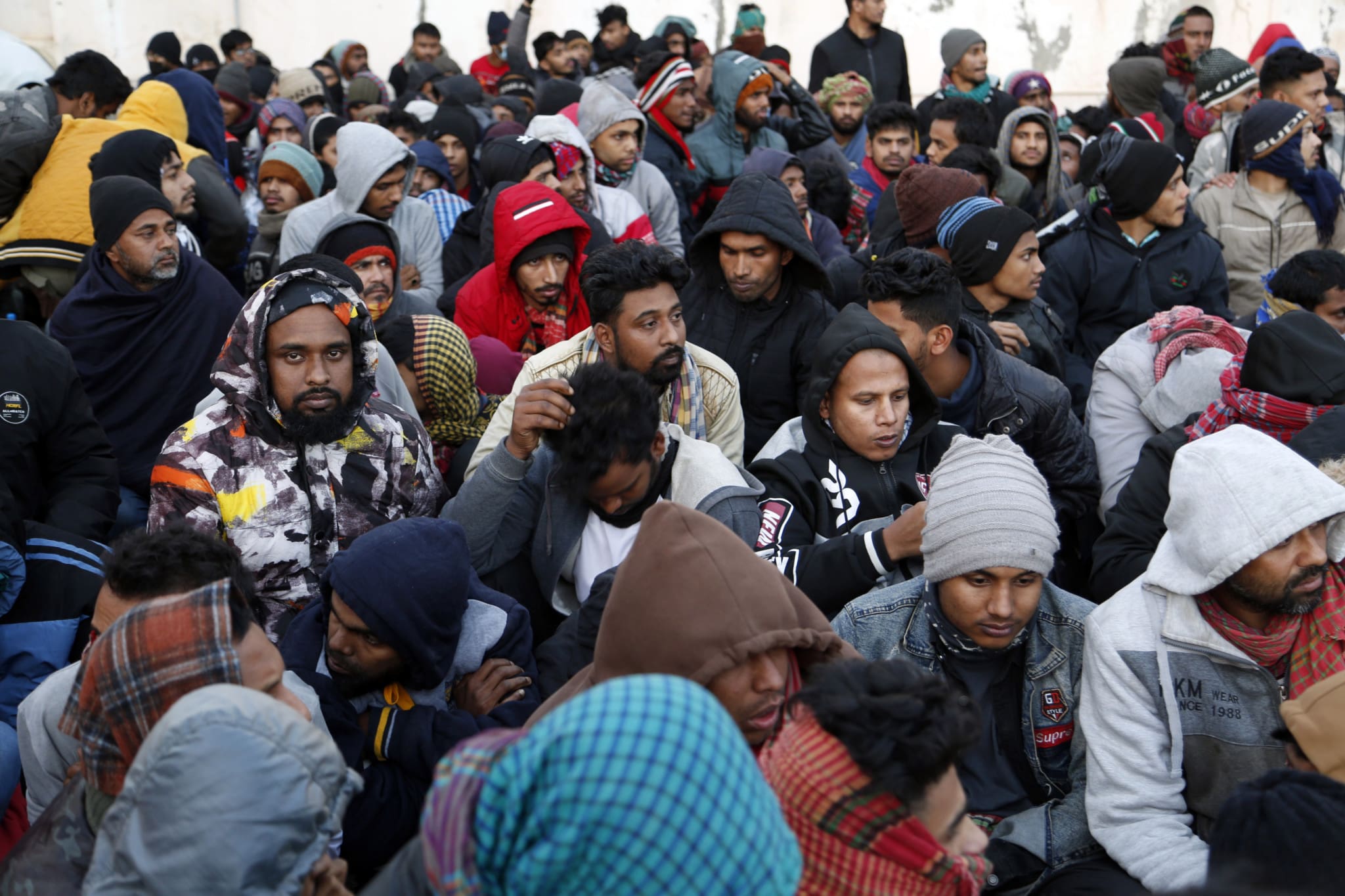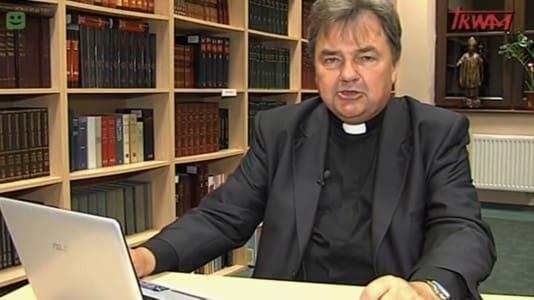Hungary and Poland remain steadfast in their opposition to a migrant relocation scheme proposed by the European Union, which would see 10,000 asylum seekers shifted from frontline states such as Greece, Italy, and Malta to other EU countries.
Following discussions between EU interior ministers last week, a number of member states have signed on to plans to relocate asylum seekers in an attempt to ease the pressure on Mediterranean coastal states that often bear the brunt of migrant influxes from North Africa.
French Interior Minister Gerald Darmanin presented the plan to his EU counterparts at a meeting in Luxembourg and revealed that “more than a dozen countries have committed to putting in place relocation mechanisms.”
Said countries include Germany, which has pledged 3,500; France, which has pledged 3,000; and Portugal and Ireland both offering to receive 350 each. Romania and Bulgaria have also reportedly agreed to take in migrants, while Belgium and the Netherlands have refused to take in greater numbers but agreed to contribute via other means, namely financially.
Nancy Faeser, Germany’s interior minister, revealed following the talks that “only two or three countries came out against” the plans, which are understood to be Poland and Hungary, both of whom have already received the largest number of refugees from the Russian invasion of neighboring Ukraine at 3.8 million and 741,000, respectively, according to UNHCR figures.
Austria also expressed opposition to plans to relocate asylum seekers, insisting that the proposal would send a “wrong signal to people smugglers,” according to a report from Euractiv.
On Monday, an EU diplomat told the EUobserver news outlet that the European Union was still short of its 10,000 target, with current commitments “somewhere within the realm of 7,000 to 8,000.”
A consensus on the issue is not necessary for plans to move ahead, with the European Commissioner for Home Affairs Ylva Johansson telling press last week that the proposals fall under the mechanism of qualified majority voting.
“It’s clear in the Treaty that we take decisions with a qualified majority here, and this is of course also the case for this and nobody asked for something else,” she told reporters.






